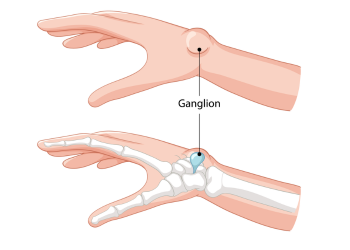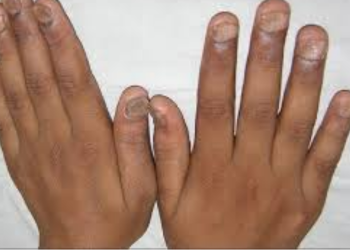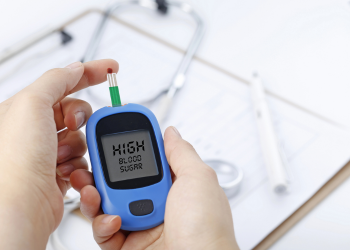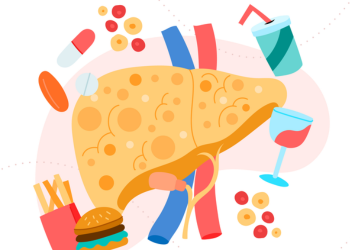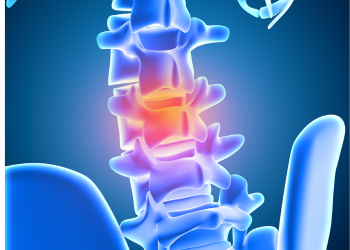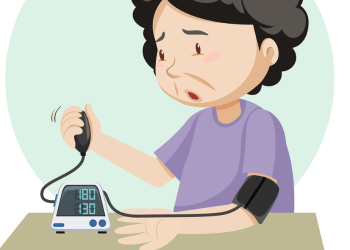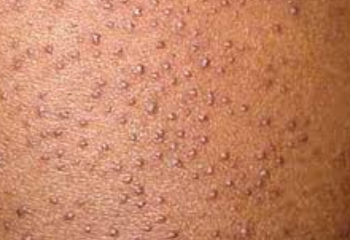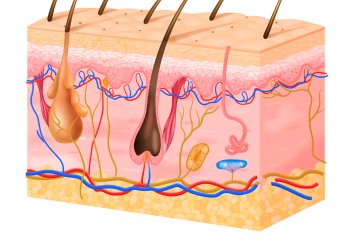
Gingivitis is
a common and mild form of gum disease, also called periodontal disease. It
causes irritation, redness, swelling, and bleeding of your gingiva, which is
the part of your gum around the base of your teeth. It can lead to a much more serious gum
disease, called periodontitis, and tooth loss. Homeopathy is very effective in
treating gingivitis,
The most common cause of gingivitis is not keeping your teeth and gums
clean and healthy. Good oral health habits, such as brushing at least twice a
day, flossing daily, and getting regular dental checkups, etc helps.
SYMPTOMS
Healthy gums are firm and pale pink. They fit tightly around the teeth. Symptoms
are
Swollen or
puffy gums.
Bright red or
dark red gums, or gums that are darker than usual.
Gums that
bleed easily when you brush or floss.
Tender gums
Bad breath
Here's how plaque can lead to gingivitis:
Plaque forms on your teeth. Plaque
is a sticky film that has no color. It's mainly made up of bacteria that form
on your teeth after eating starches and sugars in food. Plaque needs to be
removed every day because it forms quickly.
Plaque turns into tartar. Plaque
that stays on your teeth can harden under your gumline into tartar. This
tartar, also known as calculus, then collects bacteria. Tartar makes plaque
harder to remove, creates a protective shield for bacteria and irritates the
gumline. You need professional dental cleaning to remove tartar.
Gingiva becomes irritated and swells. The
gingiva is the part of your gum around the base of your teeth. The longer that
plaque and tartar remain on your teeth, the more they irritate the gingiva. In
time, your gums become swollen and bleed easily. This is called gingivitis. If
not treated, gingivitis can lead to tooth decay, periodontitis, and tooth loss.
RISK FACTORS
Poor oral care
habits.
Smoking or
chewing tobacco.
Older age.
Dry mouth.
Poor
nutrition, including not getting enough vitamin C.
Repairs to
teeth that don't fit properly or are in poor condition, such as fillings,
bridges, dental implants or veneers.
Crooked teeth
that are hard to clean.
Conditions
that lower immunity, such as leukemia, HIV/AIDS or cancer treatment.
Certain drugs
Hormonal
changes, such as those related to pregnancy, the menstrual cycle or use of
birth control pills.
Certain genes.
Medical
conditions, such as certain viral and fungal infections.
COMPLICATIONS
Untreated gingivitis can lead to gum disease that spreads to underlying
tissue and bone, called periodontitis.
Ongoing gum disease may be related to some diseases that affect the
entire body, such as respiratory disease, diabetes, coronary artery disease,
stroke and rheumatoid arthritis.
Trench mouth, also known as necrotizing ulcerative gingivitis or NUG, is
a severe form of gingivitis that causes painful, infected, bleeding gums and
ulcers.
PREVENTION
Practice good oral care. brushing your teeth for two minutes at least twice daily in the
morning and before going to bed, and flossing at least once a day
Go to the
dentist regularly. See your dentist or dental hygienist
regularly for cleanings, usually every 6 to 12 months.
Take steps to
lead a healthy lifestyle. Practices such as
healthy eating and managing blood sugar
Review of your
dental and medical history
Looking at
your teeth, gums, mouth, and tongue for
signs of plaque, irritation, or swelling.
Dental X-rays to check for bone loss in areas where your dentist sees deeper
pockets.
Other tests as
needed. If it's not clear what has caused your
gingivitis.
Dental
cleaning. Your first professional cleaning will include
the removal of all traces of plaque, tartar, and bacterial products.
Any needed
dental repairs. Crooked teeth or poorly fitting crowns,
bridges, or other dental repairs may irritate your gums and make it harder to
remove plaque during daily oral care
Ongoing care. Gingivitis usually clears up after a thorough professional
cleaning as long as you continue good
oral care at home
LIFE STYLE
CHANGES
Brush your teeth twice a day or, better
yet, after every meal or snack.
Use a soft toothbrush and replace it at
least every three months.
Think about using an electric toothbrush.
Floss daily. If you have a hard time
handling dental floss, try a floss holder. Or floss with a dental pick, brush
or stick designed to clean between your teeth
Use a mouth rinse to reduce plaque
between your teeth.
Get regular professional dental cleanings
on a schedule.
Don't smoke or chew tobacco.
FAQS
How to fix gum disease at home?
Use a soft toothbrush.
Brushing no more than 2-3 times
per day.
Avoid constantly brushing your
teeth too hard.
Removing any oral piercings on
the tongue or lips.
Avoid using metal picks around
your gums.
Quit using or less tobacco
products.
Is salt water good for gingivitis?
Salt water can help to remove the plaque and
bacteria from your teeth and gums. Salt has healing properties that can treat
and heal inflamed or swollen gums caused by gum disease.
What is the fastest way to heal gums?
The fastest way to heal a gum infection is to get
help from professionals may include medications along with maintaining good
oral hygiene and using an antibacterial mouthwash.
HOMOEOPATHIC MEDICINES
Kreosotum
Thuja
Merc sol
Gingivitis doesn’t
have to be a lifelong struggle. Homeopathy offers a natural, individualized
path to healing, supporting not just your gums, but your overall well-being.
The key takeaway? Treating gingivitis effectively means going beyond surface
symptoms and addressing the deeper imbalances within the body. With the right
remedy and guidance from a qualified homeopath, lasting relief is possible.

